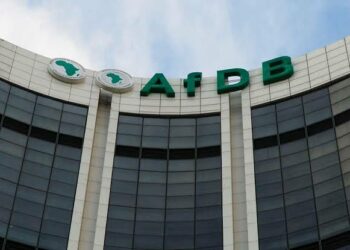The Access through Renewable Energy Scale-up (DARES) project in Nigeria, allocating a substantial $750 million, as confirmed in a press release by Nairametrics. This financing, facilitated through a $750 million credit from the International Development Association (IDA), is expected to catalyze over $1 billion from private investors and various partners.
Major contributors to this transformative initiative include the Global Energy Alliance for People and Planet, pledging $100 million, and the Japan International Cooperation Agency (JICA), committing $200 million. Collaborators such as the United States Agency for International Development (USAID), the German Development Agency (GIZ), Sustainable Energy for All (SEforAll), and the African Development Bank (AfDB) are actively engaged in this effort.
The ambitious DARES project sets out to enhance electricity access for over 17.5 million Nigerians through distributed renewable energy solutions, aiming to address the significant electricity access deficit in the country. In 2021, over 85 million Nigerians lacked reliable electricity, relying on expensive and environmentally harmful generators due to the unreliable national grid.
DARES builds upon the success of the World Bank-financed Nigeria Electrification Project (NEP), which, by establishing 125 mini-grids and distributing over a million solar home systems (SHS), benefited more than 5.5 million Nigerians and created over 5,000 local green jobs.
The new DARES program will support the Federal Government of Nigeria in coordinating and financing off-grid electrification efforts. Additionally, it aims to assist states in developing capacity and policies to promote rooftop solar energy. Notably, a key focus of DARES is on inclusivity, particularly empowering female-headed households and women-led businesses by facilitating easier access to electricity and increasing women’s employment in the energy sector.
Shubham Chaudhuri, the World Bank Country Director for Nigeria, emphasised the project’s objective to replace nearly 280,000 polluting and expensive generator sets, making a substantial contribution to Nigeria’s energy transition goals. Adebayo Adelabu, Nigeria’s Minister of Power, highlighted the potential of this effort to extend access to clean and equitable energy to currently underserved communities, fostering empowerment and transformation.





